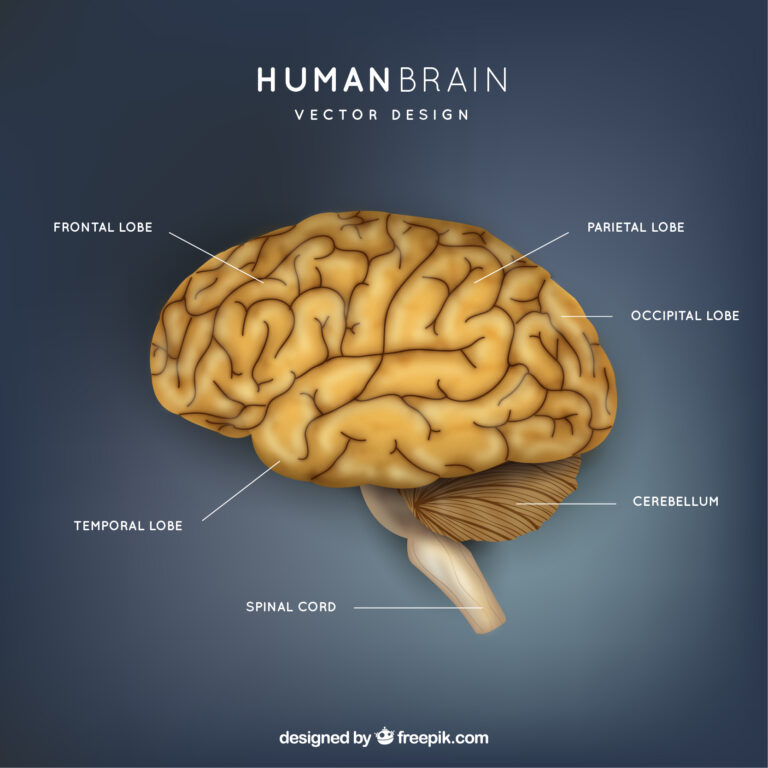How I know I had a brain tumor forum?
The size and location of a tumor in the brain determine its symptoms. Certain cancers that develop slowly might not initially show any symptoms. When the tumor eventually presses on the brain, it may result in the following symptoms and indicators:
Here you can also watch our youtube video
Patients with brain tumors are frequently found to have severe, ongoing headaches that may not be connected to an underlying condition like a migraine.
The pain might be accompanied by nausea or vomiting and be greater in the morning. Brain tumor headaches typically get worse when you cough, move around, or exert yourself. Over-the-counter drugs might not be able to treat certain kinds of headaches.
A brain tumor can also be discovered in another typical scenario: an apparently healthy individual suddenly has convulsions or fits.

These are some other typical indications and symptoms.
- Tension, fatigue, indifference, or forgetfulness
- Arms or legs that are numb or tingly
- Dizziness
- Partial blindness or deafness
- Depressive symptoms, mood swings, or hallucinations
- Modifications in personality, such as odd or unusual conduct
- Modifications in intelligence or memory issues
- Weakness, shakiness, or lack of coordination on one side of the body
- Problems with speech
- Diminished ability to smell
- In addition to the symptoms listed above, women who have brain tumors may also have nipple discharge, excessive body hair, and irregular menstruation.
These symptoms might appear one at a time or in combination.
Brain tumor headaches
Brain tumor headaches can vary widely in terms of intensity, duration, and other associated symptoms. However, there are some common characteristics that may suggest a headache related to a brain tumor:

1.Persistent and Progressive: Brain tumor-related headaches can last a long period and get worse with time. As the tumor develops, they could occur more frequently and be more severe.
2.Worse in the Morning: Headaches associated with brain tumors are often more severe in the morning, possibly due to changes in intracranial pressure during sleep.
3.Aggravated by Activity or Position: Physical exertion, coughing, sneezing, or posture changes might exacerbate these headaches.
.4.Unilateral Pain: Brain tumor-related headaches can occasionally be unilateral, meaning they only affect one side of the head; however, this is not always the case.
5.Accompanying Symptoms: Headaches may be accompanied by additional neurological symptoms such seizures, altered eyesight, weakness, numbness, or cognitive impairments, depending on the location and size of the tumor.
It’s essential to note that these symptoms are not exclusive to brain tumors and can occur due to various other conditions as well. If you’re experiencing persistent or severe headaches, especially if they are accompanied by other concerning symptoms, it’s crucial to seek medical evaluation promptly for proper diagnosis and management.
How to detect brain tumor at home
Specific features of headaches linked to brain tumors include:
- trigger your nocturnal awakening
- It could show up when you wake up in the morning.
- Position adjustments cause different types of pain.
- Over-the-Counter painkillers do not ease pain.
- Gets worse when you cough, sneeze, or strain.
- Maybe prickly, sharp, or dull
- Broader or restricted to a certain region
- May continue for a few days or weeks.
On the other hand, obstructive sleep apnea can also be indicated by morning headaches. Tension headaches or migraine headaches may be indicated by a severe or ongoing headache that is accompanied by light sensitivity, nausea, or vomiting. Recording the onset, pattern, and features of your headache is always crucial. Speak with your doctor if your headache is strong, persistent, and exhibits the traits and concomitant symptoms mentioned above.
How to avoid brain tumor

Though there isn’t a foolproof method to stop brain tumors entirely, there are a few tactics that might lower the risk:
- A balanced diet high in fruits, vegetables, whole grains, and lean meats may help lower the chance of developing brain tumors as well as other malignancies. Reducing your intake of processed meals, sweetened beverages, and red meat is also advised.
- Frequent Exercise: Physical activity on a regular basis can improve general health and lower the risk of cancer, including brain tumors. On most days of the week, try to get in at least 30 minutes of moderate-intensity exercise.
- Steer Clear of Hazardous Chemicals: Reduce your exposure to environmental pollutants and cancer-causing substances such pesticides, asbestos, and some industrial chemicals. When handling chemicals, abide by safety precautions and try to limit extended exposure.
- Protective Gear: Wear the proper protective gear, such as helmets, if you operate in a setting where head injuries are a danger, such as construction sites or sports grounds, to lower the risk of brain trauma.
- Reducing Radiation Exposure: Reduce needless exposure to radiation from CT and X-ray scans, among other sources of ionizing radiation. When undergoing imaging tests, abide by medical advice and go over the advantages and disadvantages with your healthcare professional.
- Limit Alcohol Consumption: Drinking too much alcohol has been linked to a higher risk of developing several types of cancer. Consume alcohol in moderation or abstain from it completely.
- Give Up Smoking: Research has connected smoking to a number of cancers, including brain tumors. If you smoke, give it up and stay away from secondhand smoke.
- Keep a Healthy Weight: Research has shown that obesity and being overweight increase the chance of developing a number of malignancies, including brain tumors. Keep your weight in check with a well-balanced diet and frequent exercise.
- Frequent Health Examinations: Follow your doctor’s advice and schedule routine checkups and screenings. Any health problems should be identified and treated as soon as possible to help avoid consequences, including cancer.
- Genetic Counseling: To determine your risk factors and go over preventative actions, think about genetic counseling if there is a family history of brain tumors or other malignancies.
Although heeding these guidelines will lower your chance of brain tumor development, it’s crucial to keep in mind that certain risk factors, including age and heredity, are uncontrollable. For individualized guidance and recommendations, speak with a healthcare provider if you are worried about your chance of getting a brain tumor.






